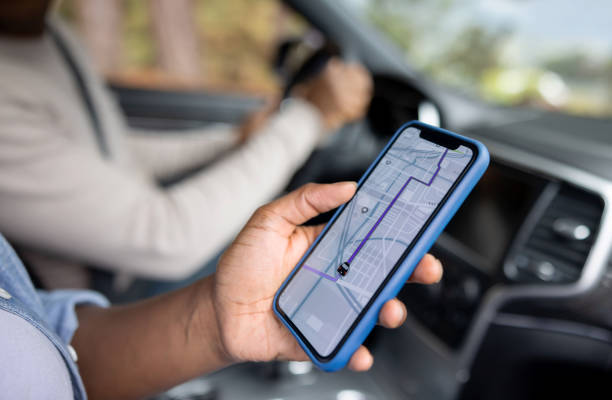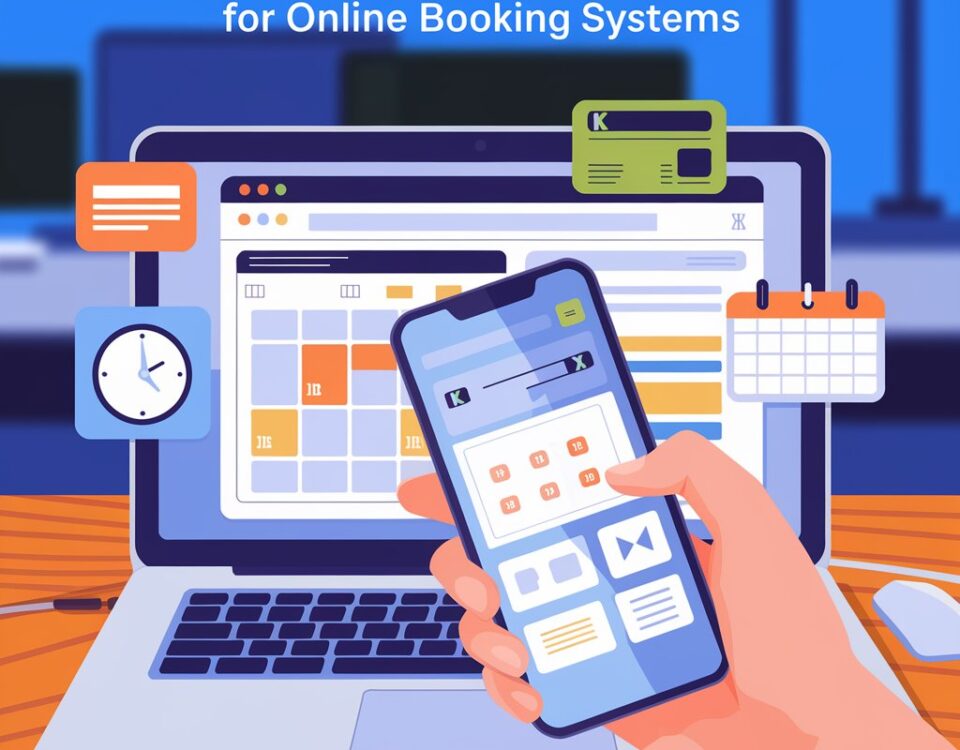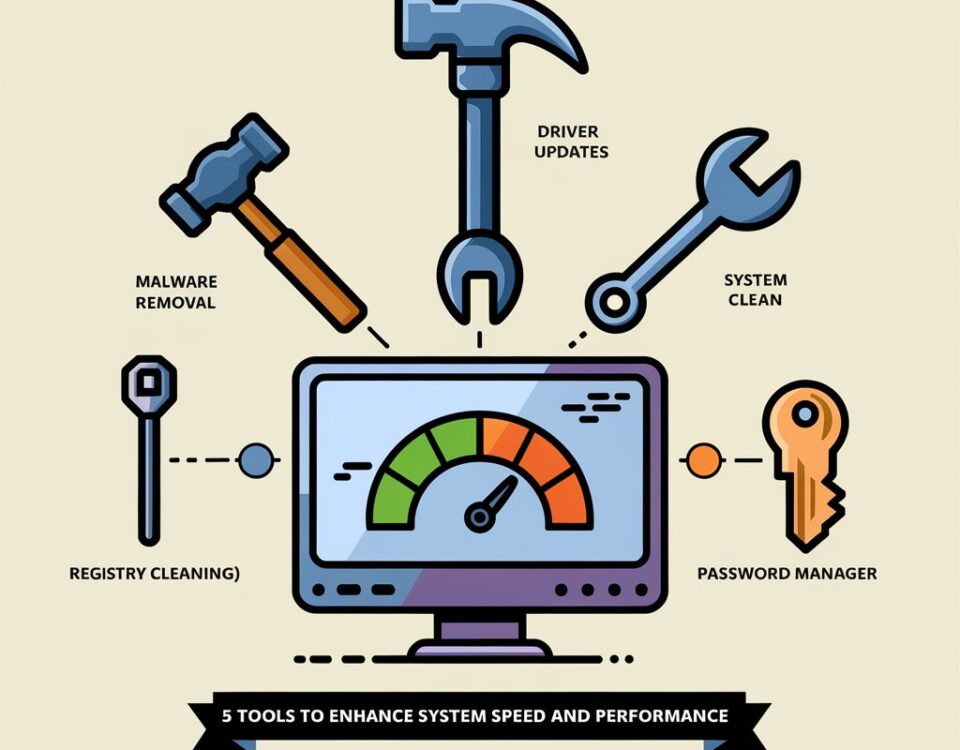
The Impact of Online Education Platforms on Learning
June 27, 2024
The Role of AI in Personalized Online Experiences
June 28, 2024How GPS Technology Enhances Everyday Navigation
GPS technology has become an essential part of our daily lives. It helps us navigate unfamiliar places, find the fastest routes, and even locate lost items. GPS, or Global Positioning System, uses satellites to provide accurate location data. This technology has transformed how we travel and perform everyday tasks. From driving to outdoor activities, GPS enhances convenience and efficiency. Understanding its impact on daily navigation can help us make the most of this technology.

Accurate Navigation
GPS technology enhances everyday navigation. It provides precise location data, making navigation easy. Whether driving in a city or hiking in the wilderness, GPS helps you stay on track. It offers turn-by-turn directions and real-time traffic updates. This accuracy reduces travel time and prevents getting lost.
Efficient Route Planning
GPS technology allows for efficient route planning. It helps you find the shortest and fastest routes to your destination. GPS apps consider traffic conditions, road closures, and other factors. This information helps you avoid delays and save time.
Enhanced Safety
GPS enhances safety in several ways. It helps emergency services locate you quickly in case of an accident. Parents can track their children’s whereabouts for peace of mind. GPS also helps avoid dangerous areas by providing safe route options.
Improved Time Management
With GPS, you can manage your time better. Real-time traffic updates help you plan your trips more accurately. You can estimate arrival times and avoid delays. This efficiency is especially useful for daily commutes and business travel.
Convenience in Daily Tasks
GPS technology simplifies many daily tasks. It helps you find nearby restaurants, gas stations, and other services. GPS-enabled apps assist in locating parked cars, making shopping trips easier. It also aids in tracking fitness activities like running and cycling.
Benefits for Businesses
Businesses benefit from GPS technology in various ways. Delivery services use GPS for efficient route planning. Fleet management becomes easier with real-time vehicle tracking. GPS helps in logistics and supply chain management, ensuring timely deliveries.
Outdoor Activities
GPS enhances outdoor activities like hiking, camping, and boating. It provides accurate maps and helps in navigating unfamiliar terrains. GPS devices and apps track routes, ensuring you stay on course. This accuracy is crucial for safety in remote areas.
Technological Integration
GPS technology integrates with other technologies for added benefits. Smartphones, smartwatches, and car navigation systems use GPS. This integration offers seamless navigation experiences. It also supports location-based services like weather updates and local news.
Conclusion
GPS technology greatly enhances everyday navigation. It provides accurate location data, efficient route planning, and real-time updates. GPS improves safety, time management, and convenience in daily tasks. Its integration with other technologies adds to its benefits. Understanding how GPS works can help you make the most of its features. As technology advances, GPS will continue to play a crucial role in our daily lives.




